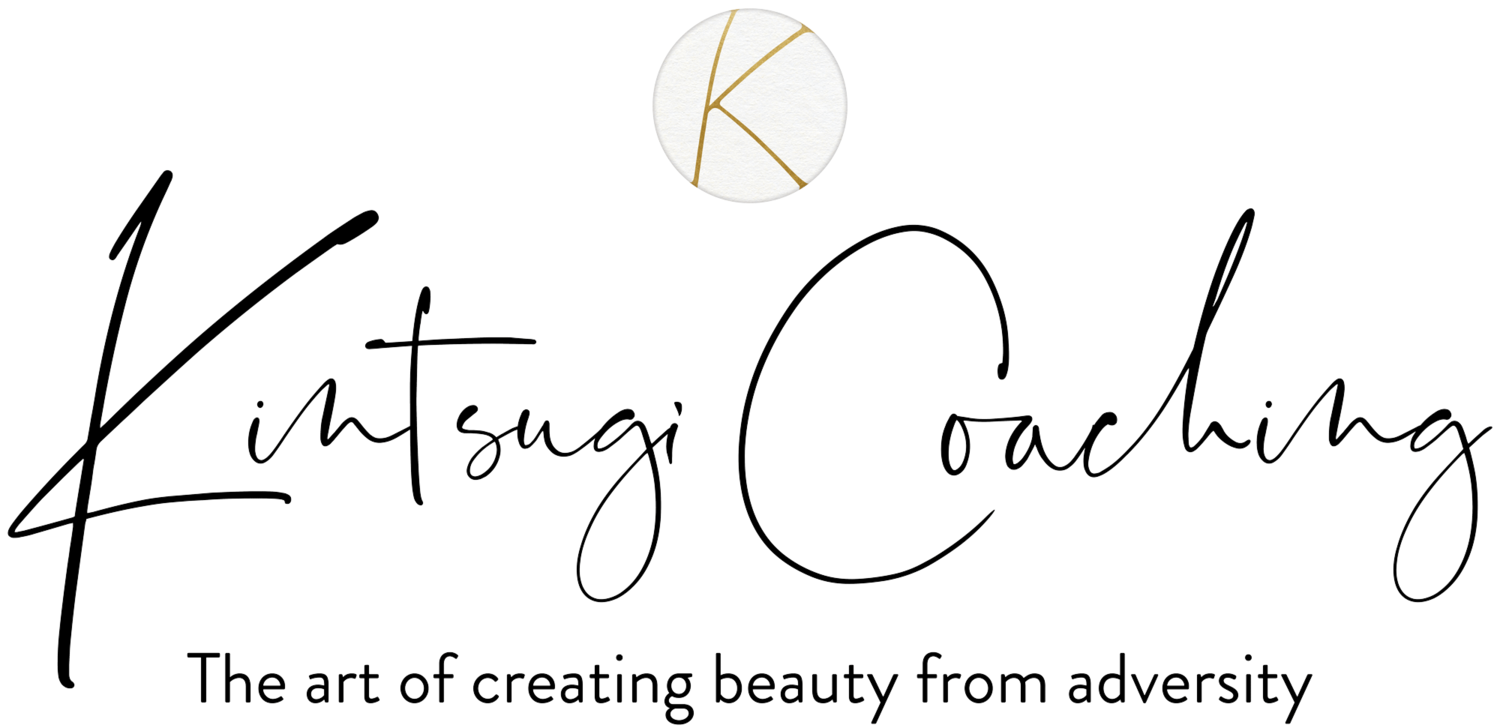Grief, the Soul, and Newton’s Third Law of Motion
It’s a strange thing the way we can both remember and forget things we experience. When you are sick, you feel as if you’ve been sick forever and that you’ll never be well, but then you are well, and you sort of forget what it felt like being so dreadfully debilitated. You know you were sick, but you just aren’t there anymore. You both remember (as an idea) and forget (as an experience).
I am in the midst of writing my second book, a guide to grief. To this point, I have been referencing my past experiences with grieving as I share thoughts on how to grieve and why it’s so vitally important. It’s been from the vantage point of “I’ve been there and now I can look back and give you the lay of the land” perspective. But recent events have led me back into the all-too-familiar landscape of grief, and I find myself, somewhat ironically, referencing my own book for guidance.
This past weekend I lost a very beloved person and received some unwelcome health news. I’m remembering now, in a very visceral way, how grief feels: my “familiar unbearable,” as my therapist once called it.
I shared my news this morning with a friend and healer — who is himself no stranger to grief and sorrow and having the foundation of everything you believe in be shaken to its core — who said something very wise and very beautiful and powerful. “It’s like pulling the string back on a bow,” he said, making the posture of an archer about to shoot. “The intensity with which you are pulled back is the intensity with which you are launched forward.”I love this image. It's so fierce and yet so promising. It reminds me of something Carl Jung, the great psychologist, once said: “No tree, it is said, can grow to heaven unless its roots that reach down to hell.”
It is this principle that I am writing about in my book, this idea that it is our suffering, our grief, that opens us to our soul’s depth and potential. The degree to which we grieve is the degree to which we love. The degree to which we suffer is the degree to which we experience joy. Our pain is, in fact, our gain — if we remain open and receptive to it.
As I pondered these thoughts today, another quote popped into my head, this one courtesy of Issac Newton. His Third Law of Motion states, "For every action, there is an equal and opposite reaction." Grief that stretches you so hard and tight that you can scarcely breathe, is a force that can launch your soul to its destiny.
It’s helpful to remember this in the midst of suffering, suffering we will, strangely, partially forget once we reach our target. But we’ll be reminded again … and again. That’s how it works. But with a little awareness and grace we can, each time we pass through the barren landscape of sorrow, be a bit more flexible and bring a bit more of our remembering of how to welcome grief and how to be with it — how to bear with the stretching of our soul — knowing that its journey is far from finished.

